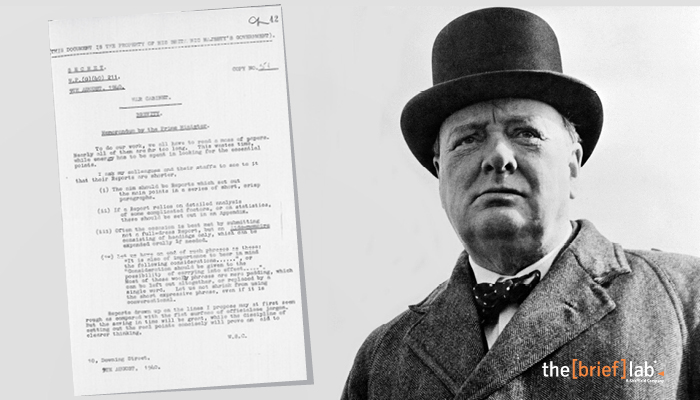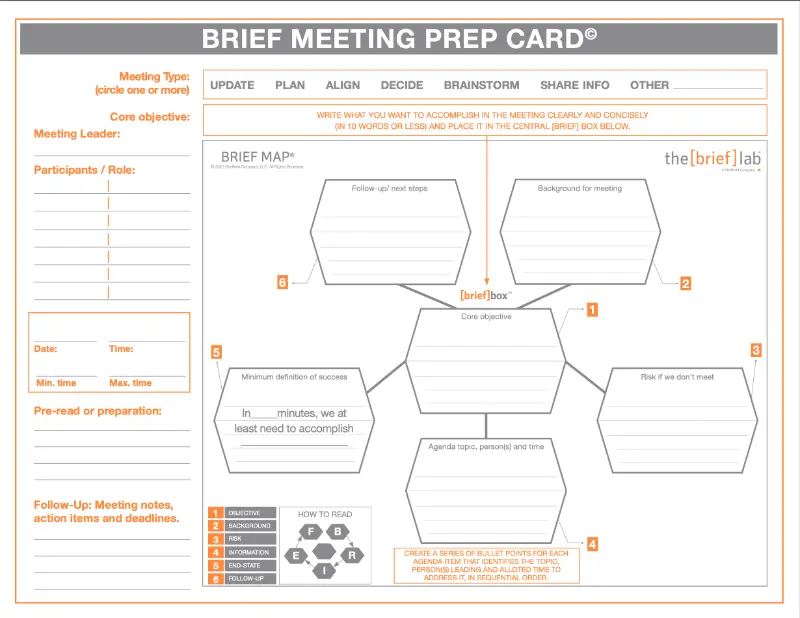
I recently spent time working closely with a team of Navy SEALs who confessed they are dealing with a serious problem: email overload.
One of the team members went on a short vacation, only to come back to more than 500 emails clogging up his inbox. Like most elite military leaders, his time is incredibly valuable. But he spent several hours sifting through that clutter in order to determine which ones were important and which ones weren’t. Most of them were wordy, unclear and longwinded. It took days for him to finish responding. Given their critical mission, they clearly have better things to do with their time. This is a common problem for both military and business leaders. They get bogged down by TMI (Too much information), or as I like to say TMBI (too much bad information). They waste valuable time sifting through it all, trying to find little nuggets of gold, the vital insights to make critical decisions.
The problem is bigger than email
The issue is a lack of discipline when thinking and communicating. When we share the essential insights – cut the clutter – we think clearly and act decisively.
Military leaders have been fighting TMI and calling for brevity since World War II. In 1940, Sir Winston Churchill once infamously cautioned his War Department to be brief, declaring in a memorandum that “the discipline of setting out the real points concisely will prove an aid to clearer thinking.” He warned that generating mounds of paperwork (their equivalent to emails, texts and conference calls) would slow them down and seriously impede the war effort. (Link to Churchill’s memo here)
He believed brevity was a strategic weapon that would force them to think clearly and accelerate action; it was a vital step toward winning the war. For most organizations today, accelerated action means results, growth and profitability.
Impact of TMI on culture
Take a minute and consider your organization’s culture. What’s slowing you down from generating results? Consider how much time is wasted sorting through enormous amounts of information digging for more relevant insights. Go beyond email and consider the energy wasted when employees are buried under mounds of communication:
• Are long meetings stalling your momentum and decisiveness?
• Are endless conversations, conference calls and presentations creating more ambiguity and stunting initiatives?
• Are you wasting valuable time generating and consuming useless information?
• Do you bury the most essential points that lead to better insights?
Then imagine an alternate universe, where shorter e-mails, tighter presentations, meaningful meetings, aligned strategies and clear leadership is normal. How much more could you accomplish with your day, week or year? How much faster would your organization move?
The business case for lean communication
In the same way Lean Six Sigma drove waste out of manufacturing, organizations that dare to be efficient and effective embrace a culture of brevity. I’m not describing a business staffed by blunt managers or a moratorium on meetings, but an organization where words matter, people respect each other’s time (and attention), and communication drives insight and action (no more TMI).

Here’s a snapshot of brevity in action:
• Senior leaders are clearly understood
• Progress reports are tight and right the first time
• The board doesn’t get bored – or lost in the weeds
• Sales teams tell short stories – no slick pitches
• E-mails get read quickly, not ignored
• Hour-plus meetings are cut to 30-minutes and lead to action
• Conversations are clear and generate insight, not confusion
• Meaningful work gets done during the day
• Poor performers can’t hide behind empty talk
• Strategic directives lead to clarity and execution
Lead like Churchill & fight TMI
It starts with a formal commitment by senior leadership. By writing and sharing a mandate similar to Churchill’s memo to the war department, leaders can prime their organization for change. When we work with organizations at The Brief Lab, this is always the first step. It’s simple, but vital. Since we’re eliminating waste, the mandate should be succinct – a personal message and a short list of behaviors like “We respect each others’ time, we run prompt efficient meetings…etc.” I even included a Brief mandate example that was written and distributed by one of our clients. I removed names and made it generic so you can use it for your team or organization when ready. Download by clicking here.
The promise of the information age is that we have instant access to all the essentials and then some. The problem is that communication is burying the best people and their ideas.
Now, it’s time we take Churchill’s history lesson to heart. Victory awaits.
About the author: Joe McCormack is on a mission to help progressive organizations master concise communication. Joe works with fortune 500 companies and elite special operations units, is the founder of The Brief Lab and author of Brief: Make a Bigger Impact by Saying Less. Follow us on Twitter @TheBriefLab

